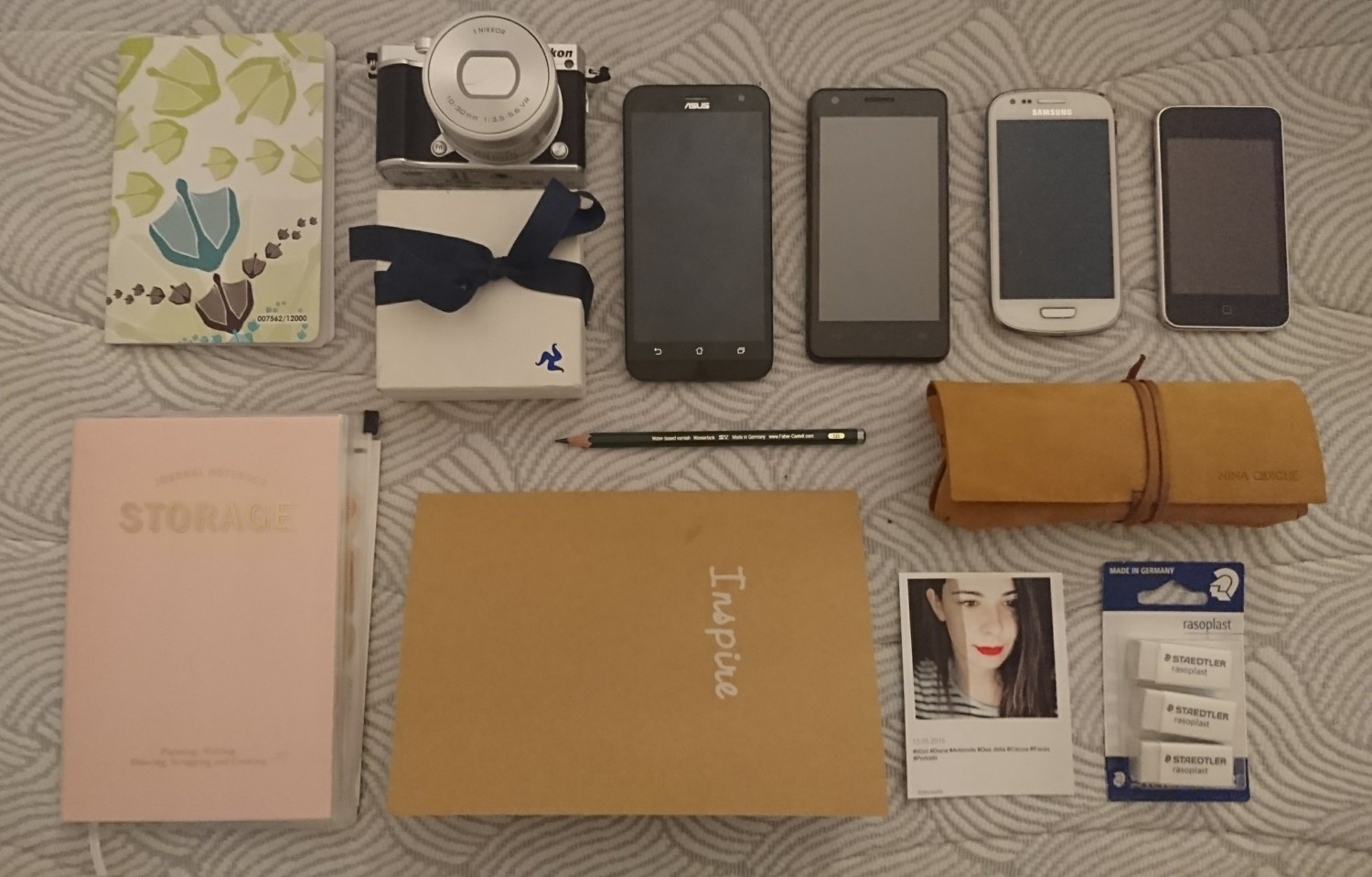I have to start this story defining what a smartphone is to me. I usually define it as a multitasker android.
The true story is that although a smartphone is a multitasker, our brain is not. We seem to be doing many things simultaneously, but we are definitely not. We move from one task to another, but it is simply impossible to do more than one task at a time.
This is probably one of the reasons why I wonder as my phone is trying to do something I really cannot do — writing an email while a call is running in the background.
We can use smartphones almost for everything. We may even leave our home without the keys, because all the alarm and closing systems are regulated through an application.
It is interesting that the reason why mobile phones were invented — for making calls — is now, especially for millennials, a less important function.

We chat, text, add likes, send audios, but we do not call. The screen is everything.
What would happen if we are alone and unable to use our smartphone? How can we get to a spot if we do not have Google Maps, and how can we get in touch with our date if we do not remember her phone number.
My very first and strongest epiphany about the mobile and online slavery happened in the summer of 2015, when I was reporting from Cannes Lions, interviewing CEOs and CMOs of the largest mobile advertising companies.
Realizing that there was a stock exchange for mobile advertising shocked me.
Even the double-digit growth of this market made me a bit worried.
My first reaction, to be honest, was a kind of :
“Ok, I have to work in this industry too, mobile is everything, I need to read more about it.”
But after weeks I started seeing my mobile phone more as a devil.
I felt I needed to go back to my first mobile phone and build again the trusted relationship I had with technology.
As I do not consider humans to have any ability of multitasking, I thought I should go back to the basics and use the dumbest mobile phone I had, carrying all other “applications” separately.
I bought a camera, whose battery definitely lasted longer.
I bought an agenda and a new sketch book.
I searched for an old mp3 player at home to listen to music.
I had to admit that the mp3 or the cloud music revolution had aroused much curiosity in me, even more than smartphones.
When I needed to carry a number of CD-ROMs and audiocassettes with me in my car, I was completely surprised by the first mp3, and they were not even produced by Apple.

This is also way I wanted to go back to these technologies and felt a kind of nostalgic of old alkaline batteries.
Having more things in my bag ended up with a bit of shoulder pain, but with more relaxed brain.
How many times do we take out our mobile phones and scroll through the various feeds without actually doing anything else?
The truth is that my new technology routine was a monotasking solution, which is not the best solution, or the most productive.
When we approach a single task technology, like a camera, we are more focused, less distracted by all the other applications running in the background.
Stop using the phone camera. Using a real camera instead is a good exercise for concentration. Taking a picture using a camera makes the whole process more focused and intense.
At a later point you may want to organize those photos and decide if and what pictures to share with others.
On the other hand, when using a mobile phone camera, it is more a matter of sharing than of clicking pictures. As a result, our memories will only be full of pictures shared through the social media.
This monotasking period, ended up as a sort of digital detox.
To be simply honest, when my first iPhone was stolen, I felt extremely free in those few hours I was without any digital contact.
Instead of worrying, I had this sensation of having found a peaceful moment.
Realizing that sense of freedom in those few hours made me rethink, again, about the relationship with my phone.
A relationship that I cannot fully break up because my profession demands me to be online for the whole day (and night, and weekends), I have to be hooked into a 24/7 digital connection.
The relationship I had with my mobile was addictive and needed to be under control.
I realized that I just needed to say more of NO than YES.
If we always answer YES to all the requests we receive, we will easily forget how to say NO.
I guess, in the end, it is just a matter of how we interact with technologies; we cannot state that we are slave of technologies pushing the faults outside.
We have the right, and the power, to switch off the phone — but we just need to remember how to do it.
Originally published at medium.com


